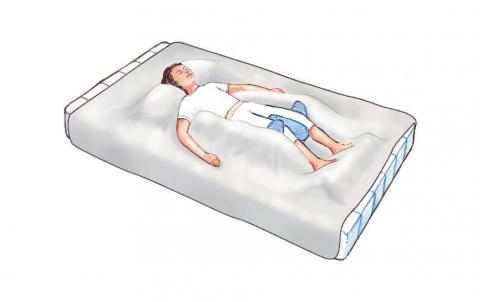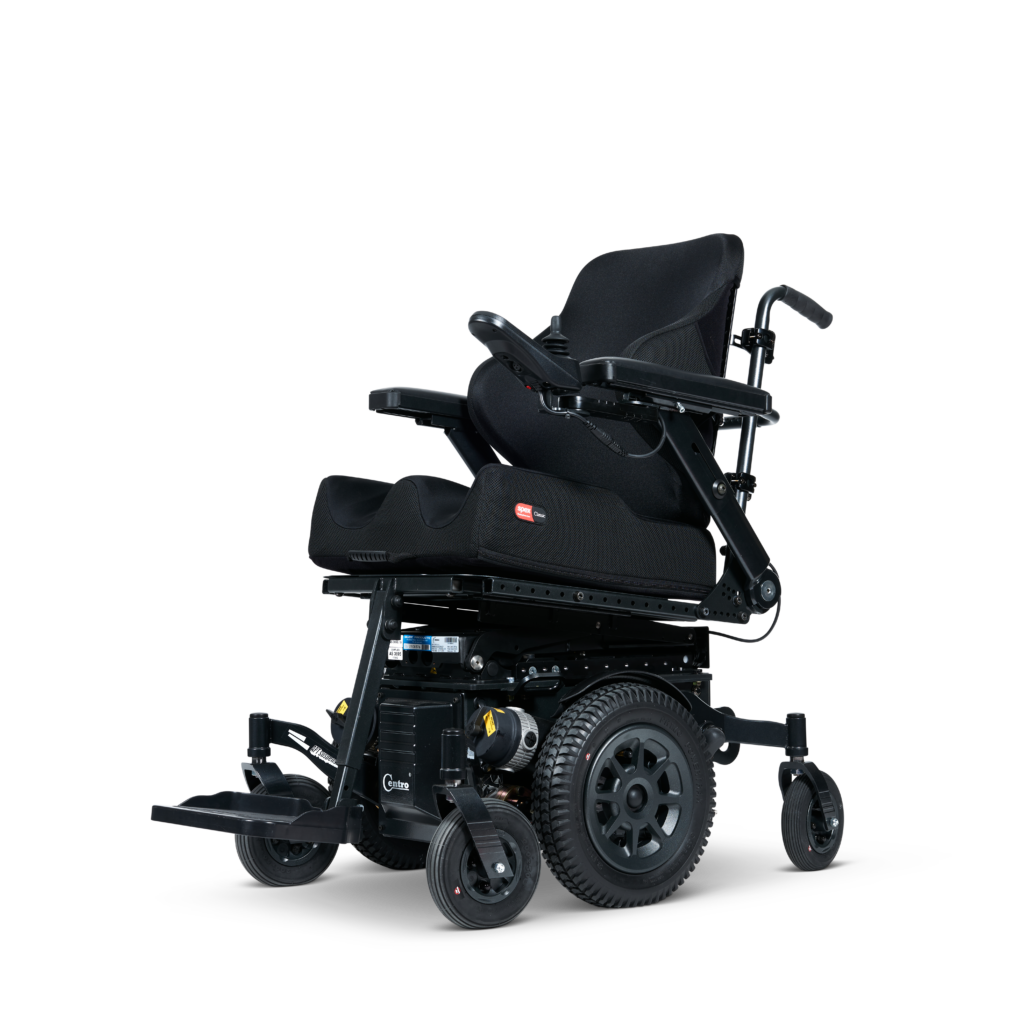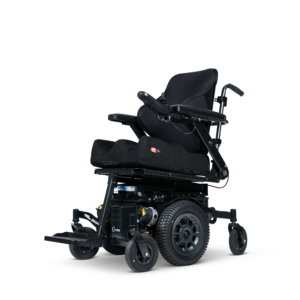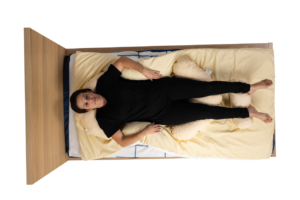Aim:
The aim of the trial was to explore the effectiveness of a 24 hour Postural Care programme in the management of contractures in residents in a Care Home environment.
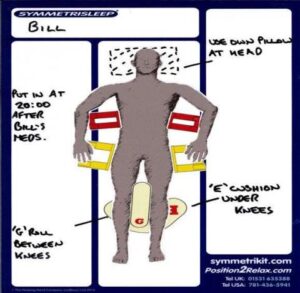
7 residents were identified from a 64-bed Care Home registered with the CQC to provide Nursing Care and Rehabilitation for those over 65 years old. They presented with different degrees of contractures ranging from early onset to severe and confined to bed.
A combination of therapies was applied which included training of Care Home staff, implementation of night-time positioning systems for all, and supportive day time seating when possible.
Baseline measurements of Range of Movement of the lower limb were taken using an Acumar™ Dual Digital Inclinometer. Further measurements were taken and recorded every 3 months over a 9 month period. Pressure mapping readings for each resident were also recorded using a full-length FSA Boditrak™ Pressure Mapping System.
Comments from the residents, their families, Care Home staff and the Clinicians were also recorded.
With all Residents, the implementation of night time positioning was able to improve their posture from the outset. For the Residents who consistently used the sleep system, personal care became much easier and the Residents presented as being happier and comfortable. During the day some of the Residents were able to be seated out which enabled repositioning requirements and, more importantly, social inclusion.
High risk pressure areas in lying, such as the shoulders, pelvis and heels were eliminated through the combination of implementing the sleep system and the improved posture.
Most encouraging was that, during the study, where the sleep systems were consistently used, we were able to achieve an improvement in range of movement at the lower limbs. Some improvements were considerable and contractures were reduced.
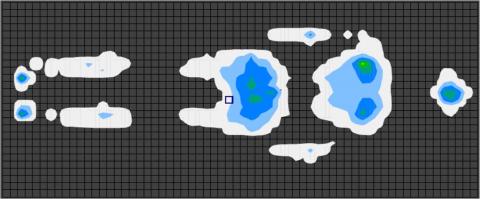
The results suggest that the implementation of a 24-hour Postural Care programme in a Care Home environment can result in the reduction of contractures and improvement in quality of life and ease of care.
It is recognised, however, that a significant investment in staff training and subsequent consistency of intervention is required for successful outcomes. Middlesbrough Council have already invested in further postural care training for Health Professionals.
Following this trial, 6 of the 7 residents continue to benefit from a 24-hour Postural Care programme and progress will be monitored so that this report can be updated in the future.
The clinical evidence from the trial has enabled the clinicians to continue working with residents in Care Homes in a preventative manner to manage their posture over a 24 hour period in the most effective way. Similar positive outcomes are being recorded.
There is a need for services to be delivered in a more innovative way in response to the postural problems and associated health issues experienced by residents in care homes. The evidence demonstrated that people are benefitting from 24 hour postural management and taking a proactive approach is cost-effective and beneficial to both the individual and care establishment.
